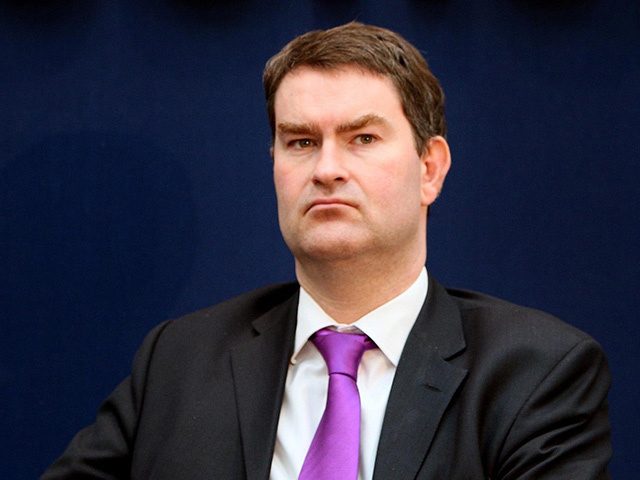
At the danger of starting a discussion with a statement that hints as being oxymoronic: it’s been an interesting few months in the world of tax!
I can recall a time when my mind was occupied with how I could get a company’s tax affairs on to the agenda of its board. For many large corporates that is no longer the ambition of the professional tax adviser.
Tax, tax avoidance, tax evasion, fair tax and ethics in tax have become sustained banner headlines in the media. Hardly a day goes by without a newspaper questioning the corporate tax payments, or lack thereof, of well-known trading groups.
The Public Accounts Committee (PAC) has fed the public interest with televised interviews of some of the groups that have fallen under its spotlight.
For groups operating in the oil and gas sector, this is less of a novelty than for groups operating in other sectors. Back in 2002, the Extractive Industries Transparency Initiative (EITI) was formed with a view to promoting the transparency of payments from groups undertaking extractive activities to governments which controlled the natural resources being exploited.
The main driver behind the creation of EITI was providing greater safeguards against corruption and ensuring that society as a whole enjoyed the benefits of the receipts.
Although the adoption of EITI has gathered momentum, many pressure groups have argued for even greater mandatory disclosure. The results of these efforts have been seen in the US Dodd-Frank Act and similar legislation being introduced in the European Union.
The oil and gas sector as a whole has been supportive of the motives behind EITI and the more recent legislative changes, but has taken issue as to whether ever-increasing disclosure is helpful in achieving the aims of the EITI, or meeting the aspirations of the pressure groups. The costs of more disclosure are self-evident but the benefits have been less obvious.
The events of the past few months are likely to overshadow the discussions on EITI and mandatory disclosure for the extractive industry and signal a permanent change in the direction of travel as far as tax reporting is concerned. It isn’t surprising that a time of austerity has triggered a greater scrutiny of the tax affairs of organisations. Given this, companies need to consider how to engage with their UK stakeholders and improve communications.
Further afield, the OECD (Organisation for Economic Development & Co-operation) published its paper on Base Erosion and Profit Shifting in February this year and, with the action plan due in July, there is now significant momentum among leading members of the G20 to examine international tax reform.
Much of the debate around the tax affairs of the groups that have been subjected to examination has begun to create an environment of uncertainty, so the involvement of the OECD is to be welcomed. We support the PAC’s endorsement of a multilateral rather than unilateral approach to international tax policy reform.
Some multinationals have come under scrutiny for organising their affairs in a manner that sees them investing in countries which offer low corporate tax rates, or favourable treatments of intellectual property income or financing. However, other tax outcomes are more difficult to explain and rise due to an international tax system, involving bilateral treaties, which has its roots in the League of Nations and is not easily applied to the modern business world of Internet transactions.
At the same time, in the UK the Government has been steadily creating a tax environment which competes internationally and targets a low corporate tax rate among the G20.
As a result there has been a slow but steady movement of businesses to headquarter operations in the UK. This focus on creating and sustaining an “open for business” environment is aimed at encouraging growth and employment.
Overall, the UK Government is aiming to encourage investment, while ensuring that tax rules are rigorously applied. The goal – as described by exchequer secretary David Gauke in his introduction to the General Anti Abuse Rule (GAAR) consultation – is to deliver “the right balance between being open for business, but not for avoidance.”
Derek Leith is a senior partner at Ernst & Young
Recommended for you
